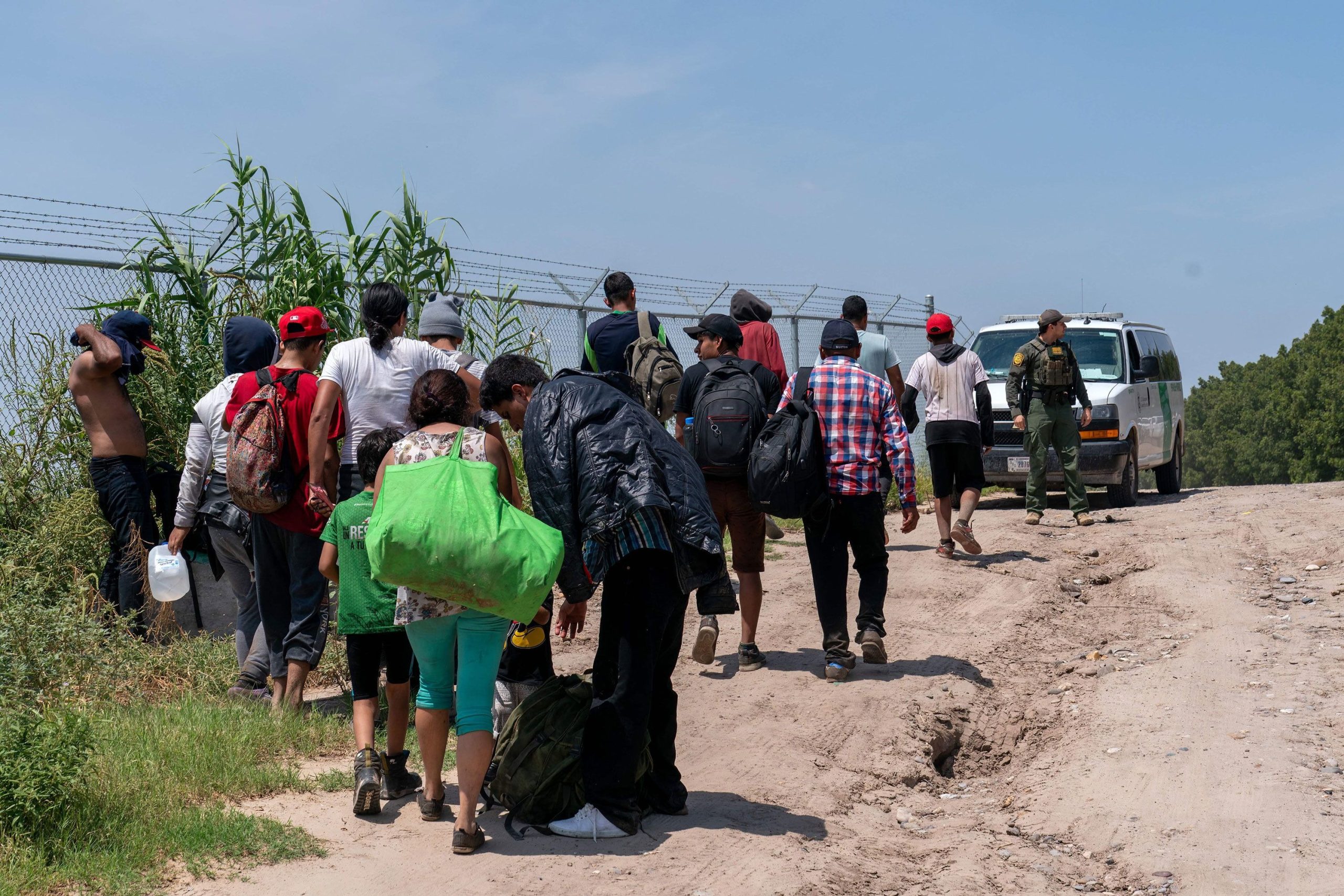Between 1989 and 2008, the world economy operated under a set of rules and institutions that regulated trade tariffs provided financial bailouts to countries in need, and conditioned development aid on reforms and anti-corruption measures.
This framework began to shift, with the US adopting a model akin to China’s, focusing on subsidizing industries and protecting local production. Meanwhile, European economies, lacking common subsidy funds, rely on international law to maintain open markets, presenting a challenge amid the US-China economic rivalry.
The Centre for European Reform (CER) hosted a conference in November 2023 to discuss Europe’s response to this economic nationalism. The main conclusions emphasized the need for Europe to assert its interests, strengthen its economic sovereignty, and diversify its economic partnerships to navigate the changing global economic landscape.

Texas Border Migrants (Credits: The New York Times)
These discussions underscored the importance of Europe adopting a more assertive economic strategy, including developing a clear industrial policy, enhancing competitiveness, and fostering innovation.
Additionally, there was a recognition of the need for Europe to engage more actively in shaping global economic governance and rules to protect its interests and values.
The conference highlighted the complex challenges facing Europe in the face of shifting global economic dynamics and underscored the need for proactive and strategic policymaking to safeguard Europe’s economic future.























